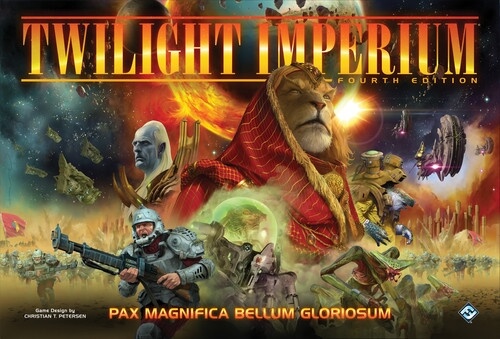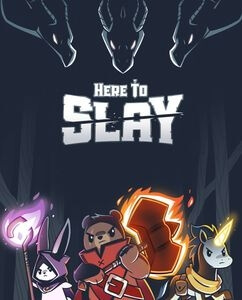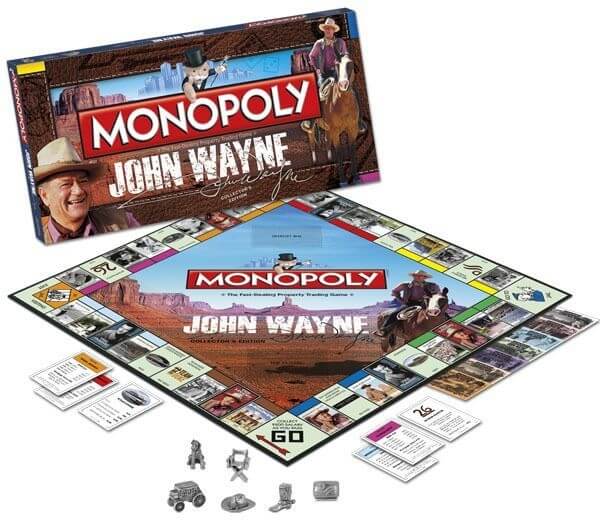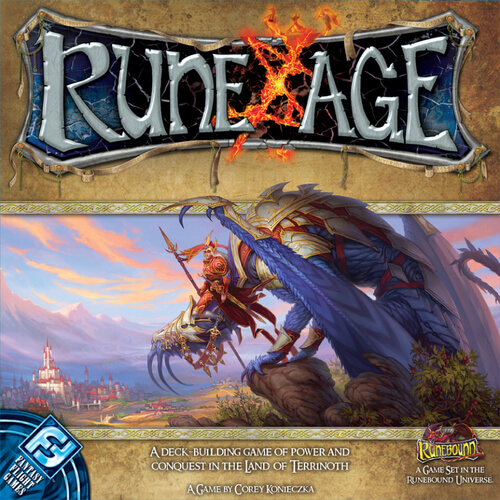
Rune Age
Rune Age is a deck-building card game set in the rich universe of the Kingdom of Terrinoth. Intended for 2 to 4 players, each takes on the role of one of four unique races, fighting to establish their supremacy in a world full of intrigue and confrontation. Developed by Corey Konieczka, Rune Age stands out for its different scenarios that shape the gaming experience. There are a variety of victory conditions ranging from direct clashes between players to strategic collaborations to achieve common goals. These scenarios not only define how players compete against each other, but also which cards will be available during the match, offering a diversity of strategies and experiences in each game.Artists: Jason Caffoe; João Bosco
Designers: Corey Konieczka;
Date: 2011
Note: 6.5
Mechanics: Scenario / Mission / Campaign, Future Purchase, Cooperative, Hand Management, Players with Different Skills, Data Scrolling
Topics: Fantasy
Table of Contents
- How to Play
- Tips for playing
- Game mechanics
- Game components
- Additional Information
OBJECTIVE OF THE GAME
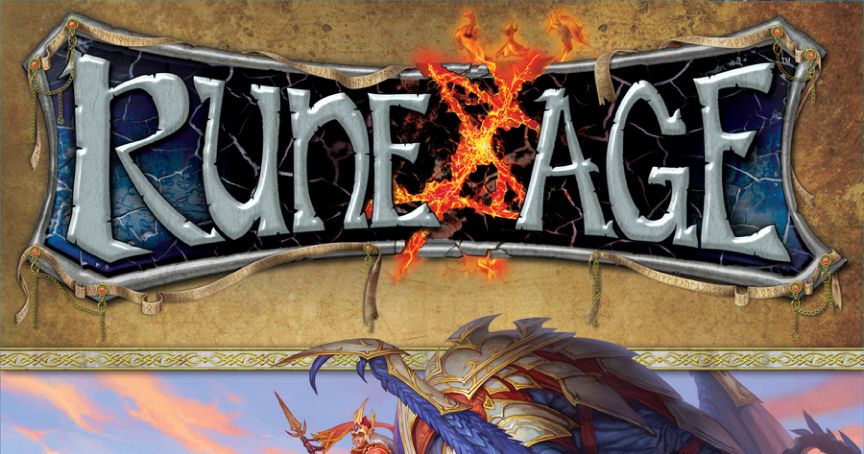
Tips for playing
Here are some tips for doing better in the game Rune Age:
- Focus on building a balanced deck, ensuring that you have enough resources to buy more powerful cards as the game progresses.
- Choose faction cards that complement your attack or defense strategy, depending on the scenario.
- Prioritize control of specific areas, such as cities, to secure additional bonuses and weaken your opponents.
- Manage your event cards well, as they can significantly alter the course of the game.
- Don't neglect units that can be sacrificed; they are useful for unexpected strategic maneuvers.
- Think in advance about the cards you want to acquire, planning how this will affect your deck in the long term.
- Keep an eye out for card combinations that can offer advantages, especially during crucial battles.
- Adjust your strategy based on the behavior of other players, reacting quickly to new threats.
- Don't be afraid to adjust your deck as necessary; even starting cards can be replaced by more powerful options as the game progresses.
Video about the game
GAME mechanics
- Deck building: Players start with a basic deck and, over the course of the game, acquire new cards to improve it. The cards are bought from a central market using resources acquired during the rounds. The aim is to optimize the deck to maximize efficiency and adapt to specific challenges in the scenario.
- Bags and parts: Rune Age uses tokens to represent resources and damage. Players manage their tokens during the game to perform actions, draw cards and activate abilities. The tokens represent gold, influence and other resources needed to progress in the game.
- Cooperative: Depending on the scenario chosen, players can work together to achieve a common goal. Cooperation is crucial to defeating powerful enemies or completing specific missions, requiring coordination and joint planning between players.
- Data Scrolling: Some events in the game are determined by the rolling of dice, introducing elements of luck and unpredictability. Players need to adapt their strategies based on the results of the dice, which can affect battles or special events.
- Scenario / Mission / Campaign: Rune Age features different scenarios that alter the victory conditions and the gameplay experience. Each scenario has unique rules, objectives and challenges, providing variety and increasing replayability. Players choose the scenario before starting the game.
- Future Purchase: During the game, actions allow players to plan future purchases, strategically building their deck with cards that align with their long-term goals. This involves anticipating future needs and setting aside adequate resources.
- Hand Management: Players must effectively manage the cards in their hand, deciding which cards to play and which to keep in order to optimize their turns. Deciding on the use of the cards in the hand is crucial to sustaining the strategy throughout the game.
- Players with Different Skills: Each player can lead a different faction, each with unique skills and strategies. Choosing a faction that best suits your personal playing style or the scenario you have chosen can offer significant strategic advantages.
Game components
See all the items in the game below Rune Age:
- 38 damage markers
- 1 special 6-sided die
- 252 letters
- Instruction manual
Additional Information
- Ludopedia link: https://ludopedia.com.br/jogo/rune-age
- Link Tabletopia:
- Amazon Brazil link: Comprar Rune Age
- Amazon USA link: Comprar Rune Age
